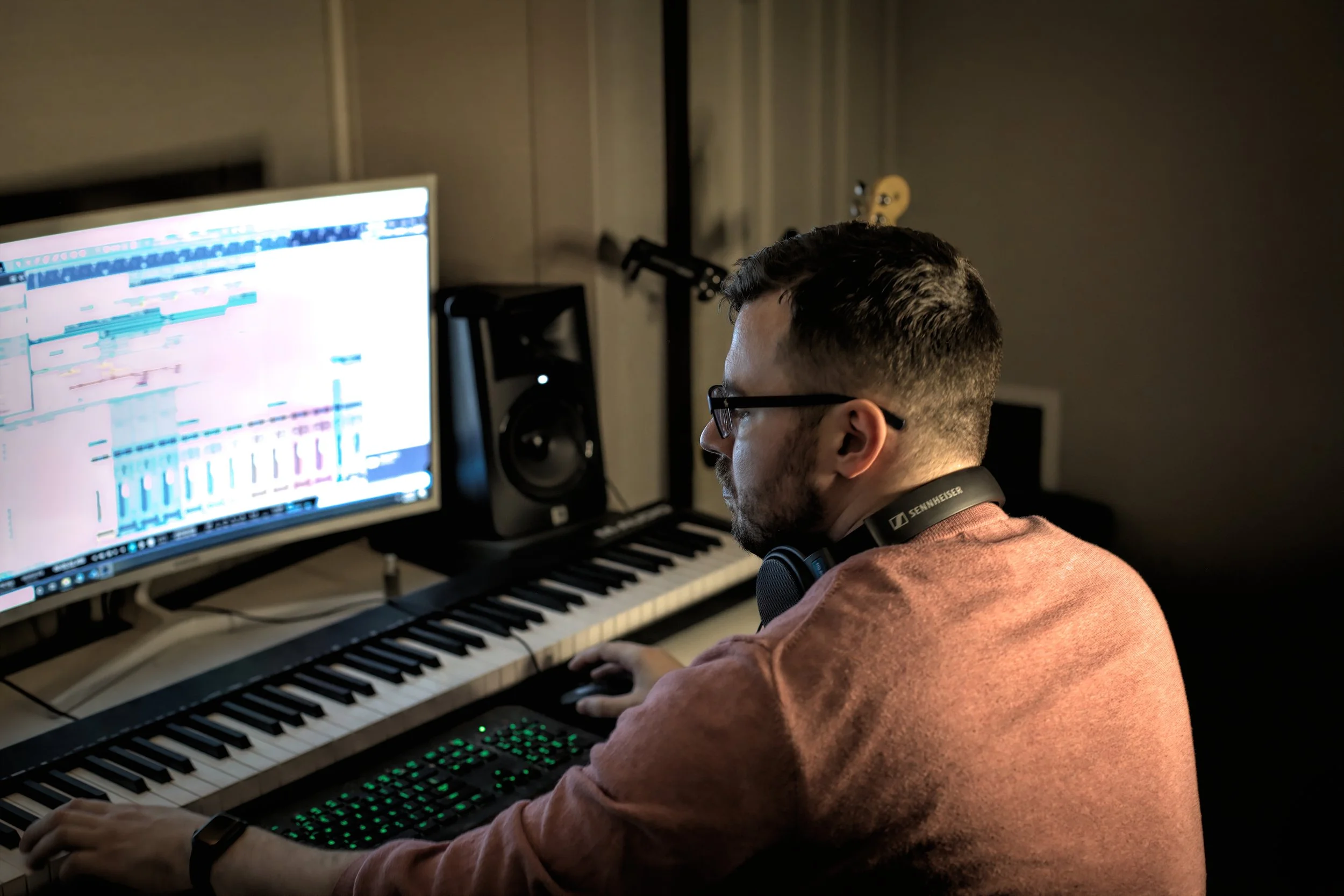You guys asked for it, so here it is! My review of 8Dio’s newest addition to it’s Legion Series , 66 Tubas. I’ve been on a bit of a hunt for some insane low brass ensembles, so this came at the perfect time for me. I purchased at the intro price so I believe I paid around $138 dollars. Currently it retails for $248 dollars here at the 8dio website.
So, this one is fairly self explanatory. It’s 66 freaking people each playing a tuba in one giant room. It sounds HUGE, deep, brassy, a bit farty, and they threw in a bunch of sound design presets as well.
Obviously, this is not the kind of library for the purists out there, as you’ll never be able to reproduce these sounds with a traditional orchestra. I feel it really embraces the Hans Zimmer approach to sampling, which is a mindset of pushing the boundaries, and usually “bigger is better”.
The GUI
The interface is fairly straightforward, easy on the eye, and provides the most needed controls all laid out right underneath the main articulations. The “Chaos” button randomly sets all the parameters and is appropriately named. Sometimes it can be fun to see what you get here. This library is pretty solid for sound design as well, especially for drones. The “Stack” button allows you to stack multiple articulations at once, and can definitely come in handy. It’s also nice to have an option to reverse each sample right there in the GUI. This library loads in the quick-load section or in the file browser, and has separate folders for main and spot mics, each including a DFD (Direct from Disk) folder, two time machine folders, and a separate section just for the sound-design presets.
The Sound
66 Tubas is humongous, that goes without saying. What I did notice immediately, is that the first patch that loads from the sustains section is very quiet (playing at a gentle PP), and you’ll notice that when playing through the patches, some of them are surprisingly mellow. This library sounds incredible in the range of C3 all the way up to a surprisingly high C5. I find that going lower than G2, the notes on their own don’t really hold up, as they are so deep sometimes it’s even hard to tell what note is playing. However, when you layer this low end with the higher notes, or with a standard trombone or horn library, the result is impressively massive. This library is generally also not a “smack-you-in-the-face” type of brass sound. It is a very wide, thick, and slow burning type of sound, in my opinion. It’s not as brassy as a trombone ensemble, and the sound isn’t quite up front at all, but more subtle and provides a nice growl at the higher dynamics. I believe most of this is due to the amount of players here, and I honestly think they did go a bit overboard with the amount of players and it cost them in terms of providing a focused sound. The sound can become very muddy, and there really is no close mic sound, and there also is not much of a difference between the various mix mixes, besides the trailer mix (which was my preferred mix). The trailer mix is more up front and provides a nice balance.
This library goes up to a surprisingly high register, and can be transposed even higher with the pitch selection in Kontakt. I found the higher notes to be nice when layering, but by themselves, I noticed a bit of phasing, and some overall quirks that made them unusable in an exposed setting. Like I mentioned previously, there is also a muddy quality to the recordings overall, simply from having so many players in the same room, I believe. This is a very niche library and truly provides a sound you absolutely cannot get anywhere else, and I give 8dio serious props for that. I can definitely see it being used for modern epic tracks and trailer work, but anything that requires a more focused sound would best stick to more traditional ensemble sizes. In terms of being used in my own work, I see it having definite potential as a layering tool, but not much else.
The Verdict-
7.25/10
Pros+
+MASSIVE, thick Sound
+Highly unique product that pushes the boundaries, you will not find a library like this anywhere else right now.
+Good for layering and providing a wide, thick low end.
Cons-
-Frequently too big for it’s own good. (Muddy sound, lack of focus)
-Notes in extreme low register are hard to make out
-Notes in higher register have strange phasing issues
-Inconsistencies in Legato sustain patches
Here’s a patch walkthru and pointing out some of the complaints I mentioned above.



